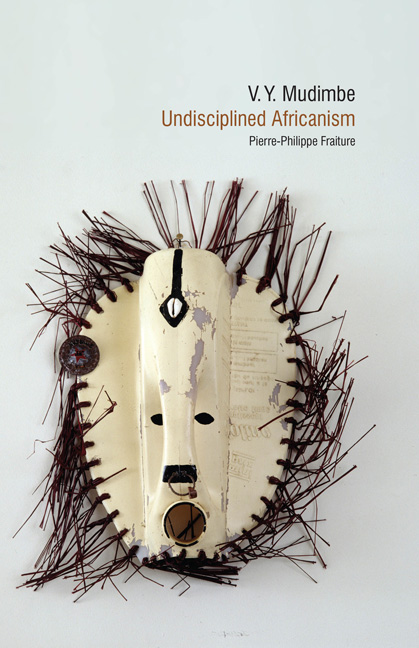Book contents
- Frontmatter
- Dedication
- Contents
- Acknowledgements
- List of Abbreviations
- Introduction: ‘Multidirectional Memory’
- 1 ‘Mission Impossible?’
- 2 ‘The Invention of Otherness’
- 3 ‘The West or the Rest?’
- 4 ‘Changing Places’
- 5 ‘Independences?’
- Conclusion: ‘The Return of the Unhomely Scholar’
- Notes
- Select Bibliography
- Index
Introduction: ‘Multidirectional Memory’
- Frontmatter
- Dedication
- Contents
- Acknowledgements
- List of Abbreviations
- Introduction: ‘Multidirectional Memory’
- 1 ‘Mission Impossible?’
- 2 ‘The Invention of Otherness’
- 3 ‘The West or the Rest?’
- 4 ‘Changing Places’
- 5 ‘Independences?’
- Conclusion: ‘The Return of the Unhomely Scholar’
- Notes
- Select Bibliography
- Index
Summary
Over 100 days, BBC Radio 4 set out to present, in a series of short programmes broadcast from 18 January to 22 October 2010, ‘a history of the world in 100 objects’. What was noteworthy about this enterprise was the use of the indefinite article – ‘a’ history – as it would nowadays indeed be a little presumptuous to embark on the history of the world, a bold project which has nonetheless tempted historians in the not too distant past. Interestingly, all the objects selected to testify to this notional ‘history of the world’ come from the British Museum, a much-admired institution and seat of knowledge which was like its European and North-American counterparts in Paris, Brussels, Berlin, and New York closely associated with the many ethnographic ventures that accompanied the colonial expansion of the West in Asia, Africa, Australia, and the Americas. However ethically sensitive the museum may have subsequently become, the fact remains that many of the artefacts exhibited were dubiously acquired – indeed, some are known to have been stolen from their places of origin. I do not intend though to apportion blame here as I believe that the relation between ethnography as a discipline and the development of colonial projects in the nineteenth and twentieth centuries is not absolute. Early ethnographers and travellers had also, as Johannes Fabian argues, to be ‘out of their minds’ and reach a type of ‘ecstasis’, which in many respects negated the strict positivist foundation of their nineteenth-century upbringing and its ‘regime of hygiene’, in order to connect with hitherto completely foreign environments:
in their first or early contacts with unfamiliar cultures, the emissaries of imperialism […] permitted themselves to be touched by lived experiences. […] those instances involved them in […] moral puzzles and conflicting demands. What I find striking […] is that explorers frequently overcame these intellectual and existential problems by stepping outside […] the rationalized frames of exploration, be they faith, knowledge, profit, or domination. This ‘stepping outside’ or ‘being outside’ is what I call the ecstatic.
The British Museum, as any other museums created in the midst of the colonial age, bears witness to the troubled legacy of a discipline which was complicit in the essentialism of imperial projects and their pretention to classify non-European cultures along rational criteria.
Information
- Type
- Chapter
- Information
- V. Y. MudimbeUndisciplined Africanism, pp. 1 - 15Publisher: Liverpool University PressPrint publication year: 2013
